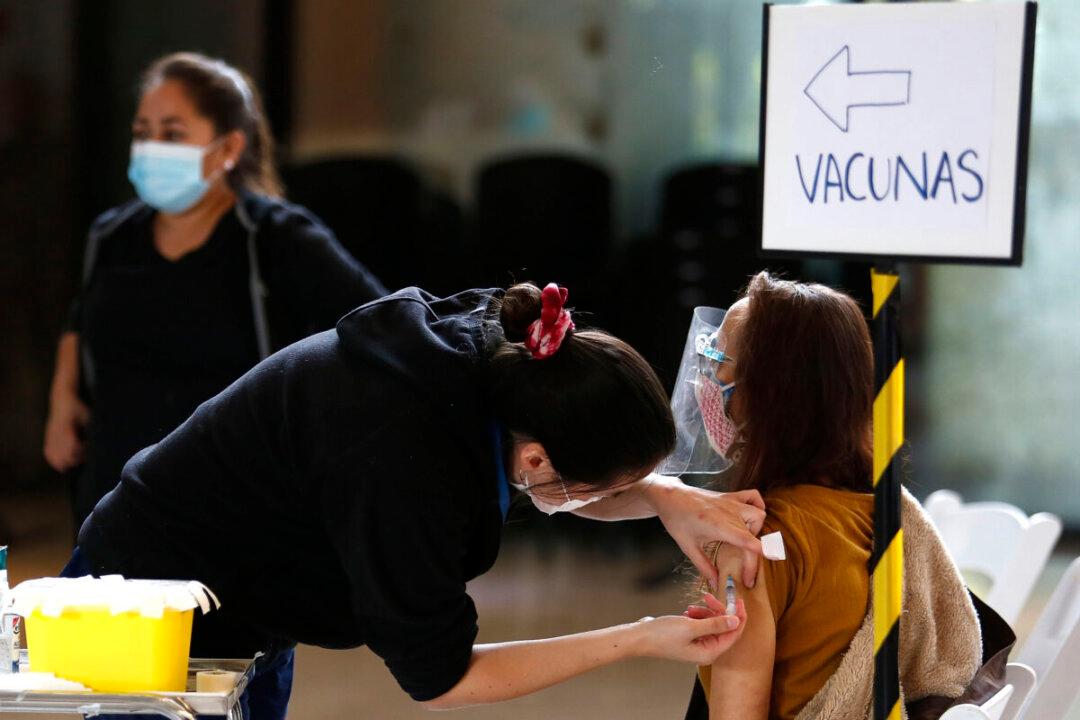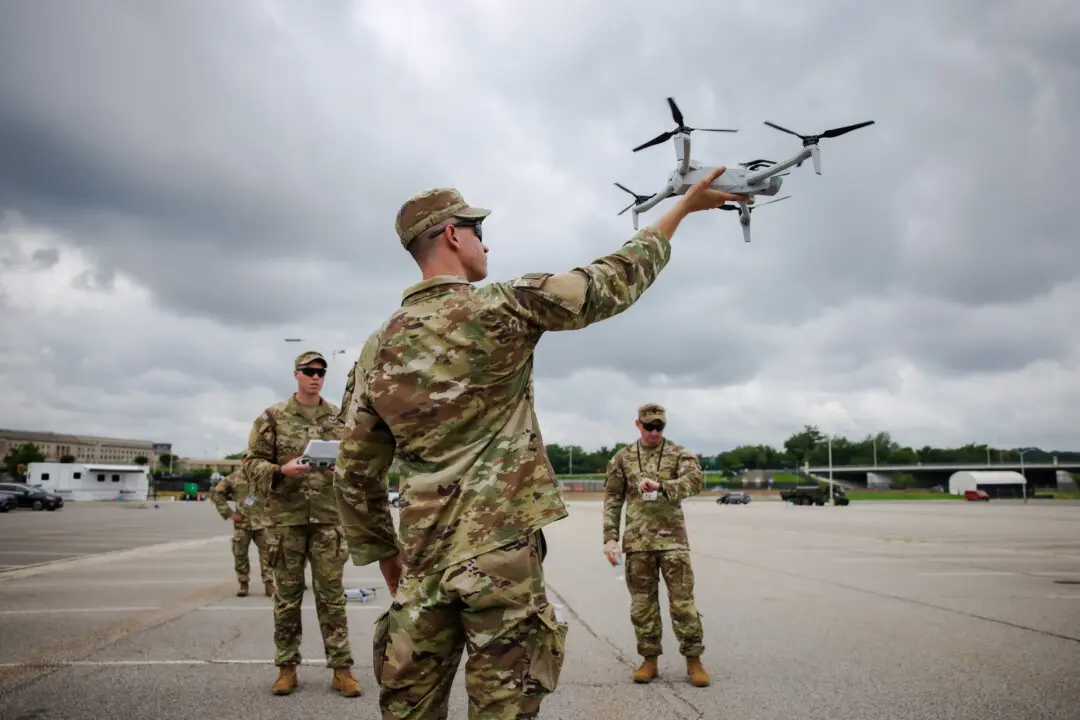SANTA CRUZ, Bolivia—In Latin America, vaccine resistance efforts persist despite continued pressure for governments to vaccinate populations against the CCP (Chinese Communist Party) virus.
Low vaccination rates, in part, are the result of a history of forced sterilizations and unethical medical experimentation, which has created distrust of Western medical initiatives by indigenous populations.





